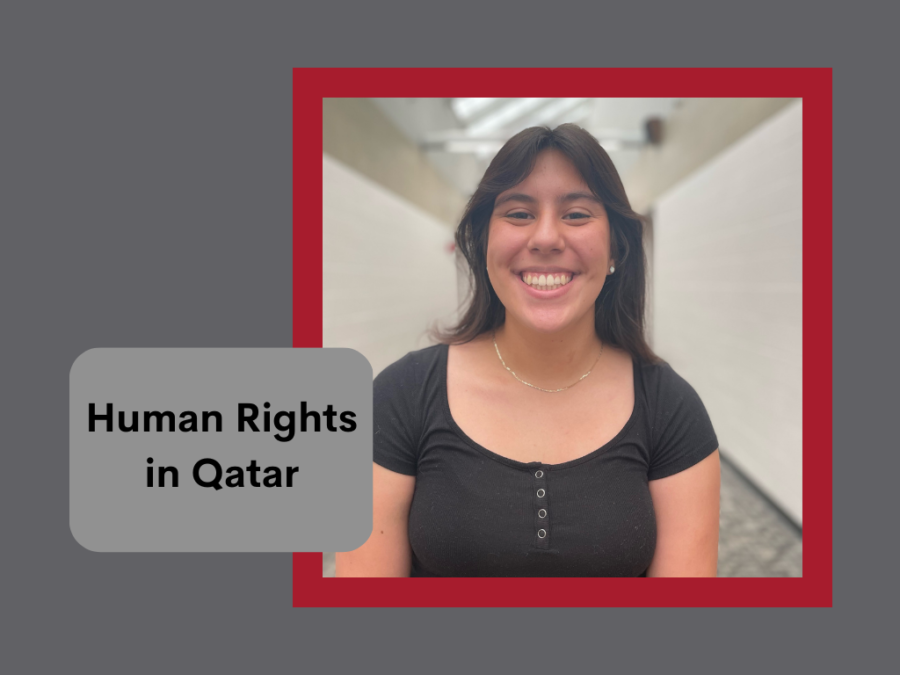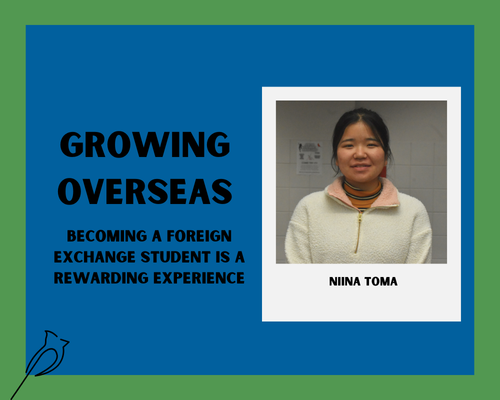Human Rights in Qatar
People in Qatar are treated unfairly
With the arrival of the 2022 World Cup, all eyes have been on Qatar, the first country in the Middle East to host the event that unites people from all countries. Qatar has already had to move the competition to the Northern Hemisphere’s winter rather than the original duration due to the months of June and July having temperatures that can exceed 104 degrees Fahrenheit.
On top of that, Qatar officials require that visitors must comply to a list of rules in accordance to the Muslim laws. Quickly making Qatar one of the most controversial world cup hosts. Adding coals to the fire, by banning alcoholic beer in the stadiums to everyone except those in premium suites just two days before the start of the ceremony. But let’s not forget what Qatar is trying to sweep under the rug, their human rights issue.
While most of society today has allowed people to love who they want and be who they are, some countries still have a hard time accepting that. Qatar’s laws are ruled by the religion of Islam. A majority of Muslims are against same-sex relationships as the Qur’an says that it’s a sin. Because of this, many people have voiced concerns for those of the LGBTQ+ community going to Qatar, either as a player or attendant.
World cup organizers have said multiple times that everyone is welcome. However, Khalid Salman, a World Cup ambassador, told ZDF, a German broadcaster, that homosexuality is “damage in the mind”. Additionally adding that anyone coming to Qatar for the World Cup should “accept our rules here.”
Multiple soccer captains of teams playing in the World Cup such as Denmark, Germany, England, Belgium and the Netherlands have announced that they will be wearing rainbow armbands known as “One Love” to voice support of the LGBTQ+ community. FIFA, in retaliation, has announced that players that wear the armband will face fines. They did, though, take back their statement that players who wear the armband will receive a yellow card as soon as they step on the field.
Instead FIFA suggests that captains looking to advocate wear armbands with approved slogans such as “Football unites the world” or “Share the moves”. It’s still unknown whether the “One Love” armbands will be replaced with the approved ones or not.
The heavily unsettling part about Qatar and the World Cup is the labor that they used to prepare for tournaments. Amnesty International released a report with an estimation that 94% of workers in Qatar are foreign nationals.
Conditions that these migrant workers have been found working in have been well below the human standards. Those in search of jobs are met with poverty stricken communities, many of which lack the basic amenities of running water, electricity or working sewage systems.
Salaries of those working are lower than what the workers were promised when they came to Qatar, if they end up being paid at all. Many employers will keep checks from reaching the recipient for months at a time. Those trying to leave find that their employers have taken their passport.
Neglect has led to thousands of migrant worker deaths, with The Guardian reporting that “More than 6,500 migrant workers from India, Pakistan, Nepal, Bangladesh and Sri Lanka have died in Qatar since it won the right to host the World Cup 10 years ago.” Most of these deaths have been due to falling or collapsing on the job sites.
When enjoying the World Cup this year, take a moment of silence to remember the thousands of lives that have suffered due to neglect and those in Qatar being persecuted for being themselves. FIFA shouldn’t have let such a horrifying issue pass.

Hi! My name is Julianna Miranda, and this will be the last time I’m introducing myself on The Journal (sadly). After a year of being a Features writer,...








